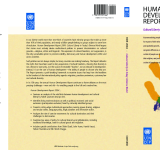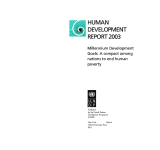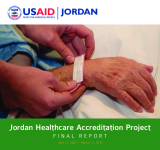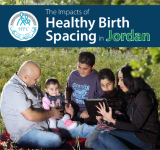health
Accommodating people's growing demands for their inclusion in society;; for respect of their ethnicity;; religion;; and language;; takes more than democracy and equitable growth. Also needed are multicultural policies that recognize differences;; champion diversity and promote cultural freedoms;; so that all people can choose to speak their language;; practice their religion;; and participate in shaping their culture—so that all people can choose to be who they are. In recent years the Human Development Report has argued strongly that this is as much a question of politics as economics—from protecting human rights to deepening democracy. Human development is first and foremost about allowing people to lead the kind of life they choose—and providing them with the tools and opportunities to make those choices. The 2004 Report builds on that analysis;; by carefully examining—and rejecting—claims that cultural differences necessarily lead to social;; economic and political conflict or that inherent cultural rights should supersede political and economic ones. Instead;; it provides a powerful argument for finding ways to “delight in our differences”;; as Archbishop Desmond Tutu has put it. It also offers some concrete ideas on what it means in practice to build and manage the politics of identity and culture in a manner consistent with the bedrock principles of human development.
This report provides an assessment of the Millennium Development Goals;; laid out by the UN Millennium Declaration. The UN Millennium Declaration was adopted in September of 2000 as a commitment on the part of the world's leading nations to reduce poverty;; improve health and promote peace;; human rights;; and environmental sustainability. The Millennium Development Goals are specific;; measurable targets that aim to reduce extreme global poverty by the year 2015. This report analyzes the challenges and barriers to meeting these goals as of 2003;; examining the successes and failures of various nations and the gaps that exist between regions and countries with regards to economic growth and human development. This report then examines the successes and failures of public and private policies with regards to hunger;; health;; water and sanitation;; education;; and environmental sustainability. This report also analyzes the participation of civil society throughout the world and the mobilization of grassroots support for the various human development goals. Finally;; this report presents a number of recommendations on what countries can do to best support these goals.
The report aims to provide an executive summary and major results and accomplishments;; lessons learned and challenges and opportunities of the Jordan Healthcare Accreditation Project (JHAP). The overall goal of the JHAP was to improve the health status of all Jordanians and quality and safety of healthcare services through accreditation. The project's methodology was assisting the Government of Jordan to adopt a regulatory framework for the health sector;; through the establishment of national and internationally recognized healthcare standards and accreditation. The key results of the project include an organizationally and financially sustainable accrediting agency in Jordan;; the Health Care Accreditation Council (HCAC);; an HCAC board with the appropriate skills to govern the agency and support from the Ministry of Health;; the Royal Medical Services;; the university hospitals;; and the Royal Court for accreditation. The report concludes with recommendations for the HCAC in areas such as financial sustainability;; credibility of the organization;; keeping the momentum and new business development and innovation. Some opportunities that the report suggests include expanding in the Middle East and North Africa region;; partnering with well-known quality organizations;; offering courses online and benchmarking subscriptions.
يعرض هذا الكتيب ادلة تستند الى بحوث عن المباعده الصحية بين الولادات ويقدم مقترحات يمكن للأردن ان يقوم بها في مجالات السياسة والتثقيف والتعليم والخدمات الصحية من أجل تعزيز هذه الممارسة الصحية.






